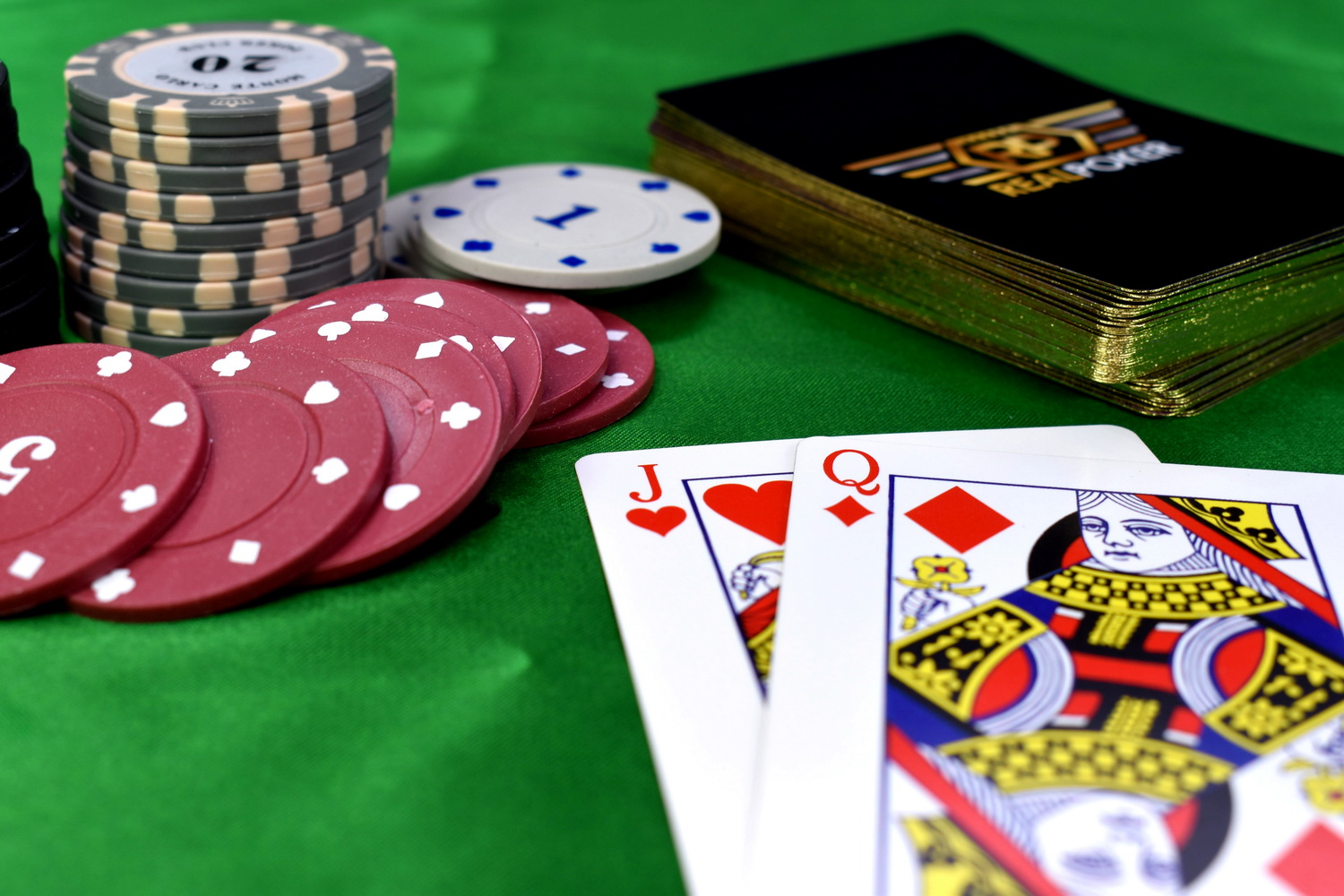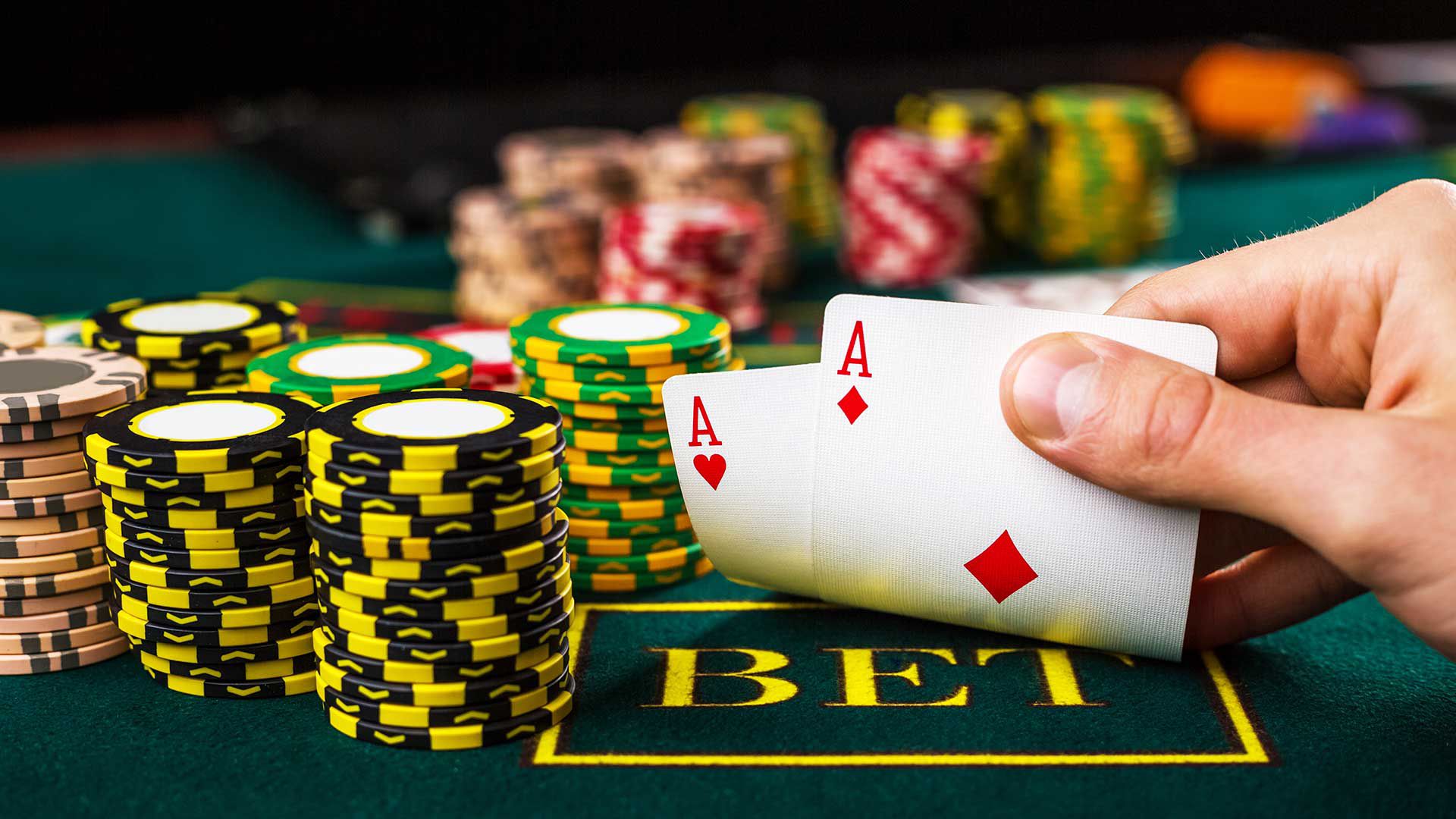A large percentage of the world’s population enjoys gambling. The United States has a large number of casinos within its borders, and there are many countries with casinos all over the globe. However, gambling is not simply a matter of finding a casino that accepts your credit card; it is an activity that people engage in regularly.
The reasons why humans enjoy gambling so much can be complex and sometimes contradictory. For example, research shows that gamblers have lower levels of serotonin than non-gamblers, which may explain why they gamble.
However, other studies show that serotonin levels are actually higher for those who gamble more frequently. Researchers also have found that some people are genetically predisposed to be gamblers, while others are not. It appears as though different factors are involved in determining whether or not someone will enjoy gambling.
In this article, we will look at the different elements involved in explaining why people enjoy gambling so much. We will begin by looking at the neurological aspects of gambling. We will then move on to consider how genetics influences one’s propensity to gamble, and finally conclude by examining social influences.
How do people feel about gambling?
One of the first things you need to know about human psychology is that we are all affected by our environment—our surroundings, our culture and even our genes. Therefore, what makes people enjoy gambling is dependent upon their individual characteristics and life experiences. In order to understand why people enjoy gambling, you must analyze the different types of individuals that exist in society.

There are three major groups of people involved in gambling:
Gamblers
Non-gamblers
People who gamble less often
Some people have no interest in playing games of chance, but most people are attracted to gambling because it gives them a feeling of excitement and stimulation.
Gambling is a form of entertainment that offers participants a feeling of escape from the mundane world. When a person engages in gambling, he or she enters into a fantasy world where winning and losing become irrelevant. People who gamble usually think of themselves as living a better life than non-gambler, and they take pride in being able to spend money freely without any concern about the future.
Those who gamble often believe that they are smarter than other people, which makes them feel superior. They feel that they are capable of making decisions, yet they are also aware that these decisions make little difference to the outcome of their lives. Many people who gamble are very confident, and they are convinced that they will never lose. They tend to be optimistic and expect to win every time they play.
The third group consists of people who are not interested in gambling, despite having money for spending. These people believe that gambling is not something that is appropriate for them. They are wary of people who want to involve themselves in gaming activities. They see nothing wrong with saving money rather than spending it.
We now turn to the second element that affects the way people feel about gambling. This is the psychological aspect of the experience.
Are gamblers rational?
Most of the players think that online gambling is not a way by which they can make or create money. But they are wrong if anyone is using online gambling games consistently then they’ll be able to make a passive income which will help and then boost their confidence too. Some pengeluaran china companies have created gambling games which are very simple for everybody and anyone can make money by playing those games.
Many people think that gamblers are not rational. They believe that gamblers only play when they are desperate, and they don’t realize that they could save up enough money to afford a real vacation. Most gamblers are unaware that they are wasting their hard-earned cash. They spend money on gambling when they cannot afford to buy anything else.
Research shows that gamblers are less likely to have impulse control problems. Gamblers have been known to use the last of their savings to continue gambling, and they rarely come to terms with their financial situation before going back to the casino. They often end up borrowing money to fund their habit. This may sound like a small problem, but when you think that the average American gambler spends $1,700 a year on gambling, it is easy to see that the consequences of such behavior can be catastrophic.
Gamblers tend to place greater emphasis on short-term rewards, and they are less concerned about long-term goals. This means that if they win, they will spend the money immediately, while if they lose, they will probably give up on the game altogether.
The third element that affects how people feel about gambling is social influence. This refers to the influence of friends and family members on the decision to gamble. If family members encourage their children to participate in gambling, they may be doing more harm than good. Children who grow up around people who gamble are more likely to develop bad habits as adults.
Parents should teach their children that gambling is a poor substitute for earning money through legitimate employment. Parents should also tell their children about the long-term consequences of gambling. If parents take away access to their children’s bank accounts, they may reduce the amount of money available to them to gamble with.
Do people get hooked on gambling?
Most people who engage in gambling are not addicted to the activity. Even so, it is possible to get addicted to gambling. A person who loses his or her job, gets divorced or suffers financial hardship may find himself or herself unable to resist the siren call of the casino. Some people start off by placing small bets, but soon they find themselves unable to stop themselves from betting larger amounts of money. Eventually, they borrow money or steal from friends and family members so that they can continue to gamble.

If you are worried about becoming addicted to gambling, then you should try to avoid getting caught up in the excitement of the moment. You should also try not to allow yourself to get upset when you suffer a loss. Gamblers tend to blame themselves for their losses, which leads them to make even bigger mistakes.
You should also make sure that you do not bet too much money on a single event. A gambler who loses too much money might decide that he or she is doomed to failure, so they will stop trying to win. This is dangerous because they are unlikely to return to the casino unless they are desperate.
What role does alcohol play in gambling?
Alcohol can affect how you feel about gambling, especially if you drink heavily before a session of gaming. Alcohol increases blood pressure, heart rate and breathing rate. These changes make you more susceptible to stress and anxiety, which can cause you to lose concentration. Alcohol also lowers inhibitions, causing you to become reckless and lose control of your actions.
Alcohol also reduces your ability to focus. This means that if you have drunk alcohol and you go out to gamble, you may find it harder to concentrate on the game. Your chances of winning may decrease, and you may end up losing more money than you were expecting.
Alcohol also makes you more prone to impulsive behaviors. You may impulsively choose to continue playing instead of leaving the casino, even when you really shouldn’t. This can lead you to spend an enormous amount of money in a short period of time.





